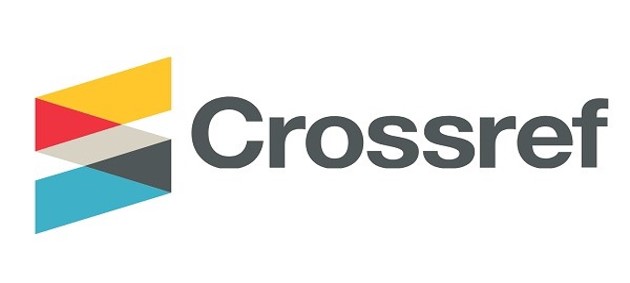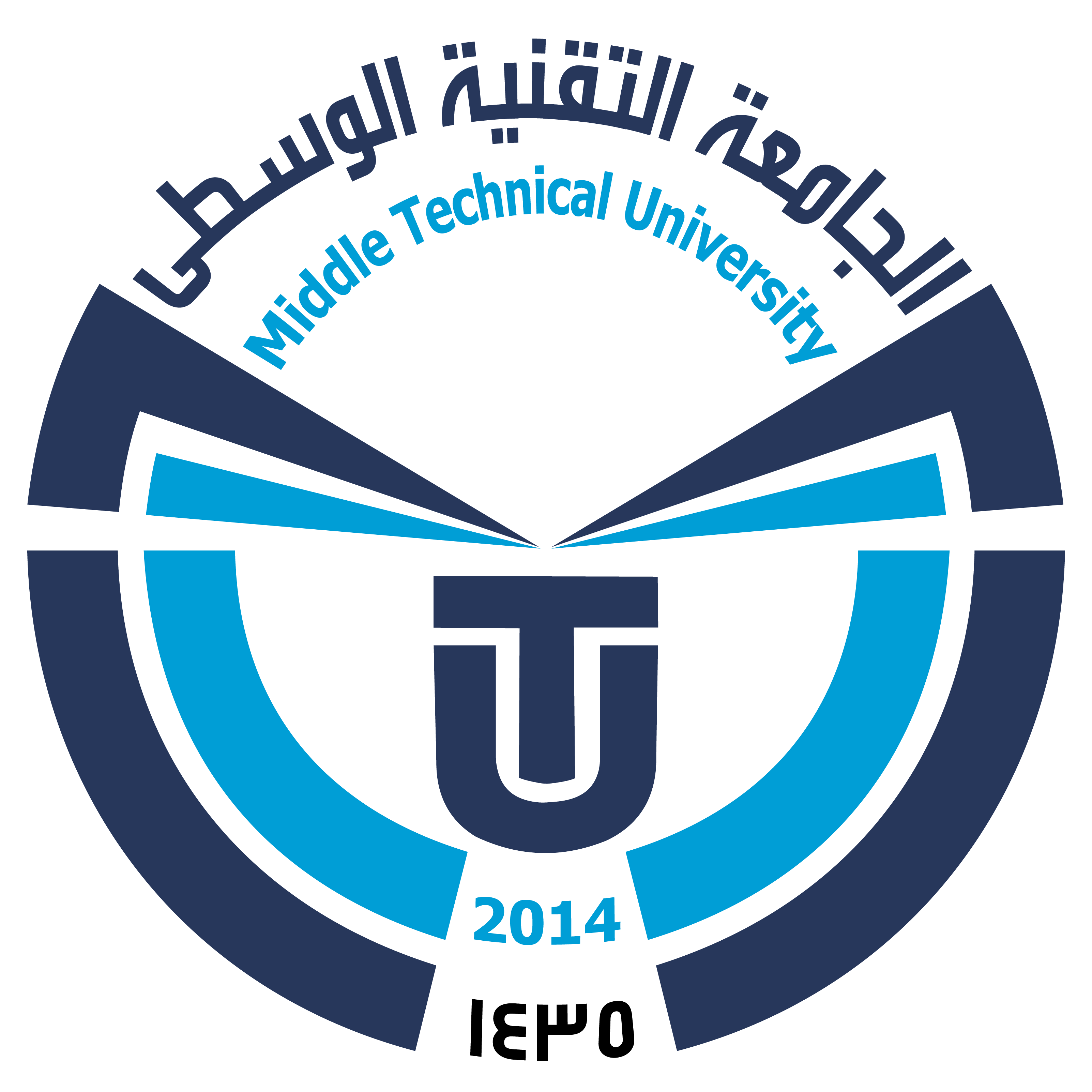Modeling, Simulation and Implementation of PV System by Proteus Based on Two-diode Model
DOI:
https://doi.org/10.51173/jt.v1i1.43Abstract
The outcome from the present work is to propose a two diodes PV system model using Proteus software. This model is instituted on mathematical equations that describe the analogous to a two diodes PV panel circuit. This includes the source of photocurrent, two diodes, a parallel, and series resistors. Since Proteus software provides in its library many electronic boards and microcontrollers, the associated model is simulated by this more accurate and nearest software to real time implementation. The proposed model is confirmed by emulating its specification through experimental measurement information. Hence, this PV system model is linked to the Arduino Board with sensors for current and voltage so as to attain and monitor the PV system quantities voltage, current and power. To validate the propose PV system experimentally, a real component of a prototype PV system has been implemented and the obtained results reveal its corresponding simulation results
Downloads
References
H .L. Tsai, C. Siang, and Y. J. Su, “Development of Generalized Photovoltaic Model Using MATLAB/SIMULINK,” in Proceedings of the World Congress on Engineering and Computer Science, San Francisco, 2008, 22-24-.
S. Chowdhury, S.P. Chowdhury, G.A. Taylor, and Y.H. Song “Mathematical Modelling and Performance Evaluation of a Stand-Alone Polycrystalline PV Plant with MPPT Facility,” in IEEE conference and society general meeting- conversation and delivery of electrical energy in the 21st century, 20-24 July, 2008.
M. G. Villalva, J. R. Gazoli, and E. R. Filho, “Comprehensive Approach to Modeling and Simulation of Photovoltaic Arrays,” IEEE Transactions on Power Electronics. vol. 42, no.5, May.2009.
A. M. Muzathik, “Photovoltaic Modules Operating Temperature Estimation Using a Simple Correlation,” International Journal of Energy Engineering, vol. 4, pp. 151–158, 2014.
Chin, V. Jack, and Z. Salam. “Modifications to Accelerate the Iterative Algorithm for the Two-diode Model of PV Module,” in IEEE PES Asia-Pacific Power and Energy Engineering Conference (APPEEC), Oct. 2018.
K. Ishaque, Z. Salam, H. Taheri, and Syafaruddin, “Modeling and Simulation of photovoltaic (PV) system during partial shading based on a two-diode model,” Elsevier publisher. Simulation Modelling Practice and Theory, vol.19, pp.1613-1626, Apr.2011.
L. Sandrolini, M. Artioli, U. Reggiani, “Numerical method for the extraction of photovoltaic module double-diode model parameters through cluster analysis,” Elsevier publisher. Applied Energy. vol.87, pp.442-451, Sep.2010.
S. Motahhir, A. Chalh, A. Ghzizal, S. Sebti and A. Derouich, “Modeling of Photovoltaic Panel by using Proteus,” Journal of Engineering Science and Technology Review, vol.10, no.2, pp.8-13, Jun.2017.
J. Jung, and S. Ahmed, “Model Construction of Single Crystalline Photovoltaic Panels for Real-time Simulation,” in IEEE Conference on Energy Conversion Congress and Exposition (ECCE). 12-16 Sep. 2010.
K. Ishaque, Z. Salam, and H. Taheri, “Accurate MATLAB Simulink PV System Simulator Based on a Two-Diode Model,” Elsevier publisher. Journal of Power Electronics. vol.11. pp.11-2-9. March.2011.
N. Pandiarajan and R. Muthu, “Mathematical Modeling of Photovoltaic Module with Simulink” in IEEE, 1st International Conference on Energy Systems (ICEES). 3-5 Jan. 2011.
A. Luque and S. Hegedus, “Handbook of Photovoltaic Science and Engineering” John Wiley & Sons. 2011.
A. R. Jordehi, “Parameter Estimation of Solar Photovoltaic (PV) Cells: A review,” Elsevier publisher, Renewable and Sustainable Energy Reviews, vol.61, pp. 354-371, Mar. 2016.
S. J. Yaqoob, A. A. Obed, “Photovoltaic Flyback Micro-inverter with Power Decoupling Technique,” Indonesian Journal of Electrical Engineering and Computer Science (IJEECS), vol.15, no.1, pp. 9-19, July, 2019.
Downloads
Published
How to Cite
Issue
Section
License
Copyright (c) 2020 Salam Jabr Yaqoob, Adel A. Obed

This work is licensed under a Creative Commons Attribution 4.0 International License.

















